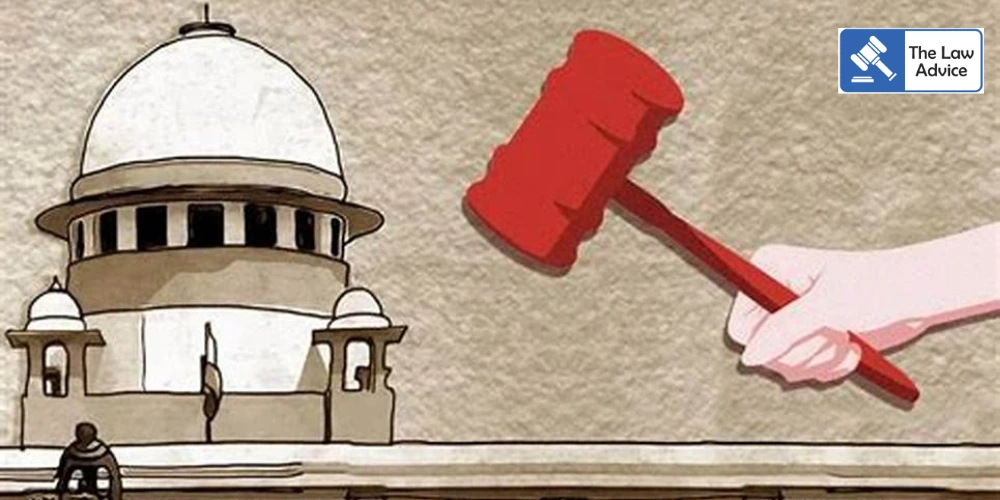Date: July 9, 2025 New Delhi
In a significant move aimed at protecting the independence of the legal profession, the Supreme Court of India has initiated suo motu proceedings to examine whether investigative agencies can summon advocates who offer legal advice or represent individuals under investigation.
A three-judge bench comprising Chief Justice B.R. Gavai, Justice K. Vinod Chandran, and Justice NV Anjaria registered a suo motu criminal writ petition titled “In Re: Summoning Advocates Who Give Legal Opinion or Represent Parties During Investigation of Cases and Related Issues” (SMW(Crl) No. 2/2025). The matter is scheduled for hearing on July 14, 2025.
Court Concerned Over “Disturbing Trend”
The Supreme Court’s action comes in the wake of multiple instances where lawyers have been summoned by investigative agencies such as the Enforcement Directorate (ED) and state police units for merely offering legal advice to clients under scrutiny.
The bench observed that such actions, if allowed to continue unchecked, could have a “chilling effect” on the legal profession and may compromise the right to legal representation, which is protected under Article 21 of the Constitution.
Background: ED Summons Trigger National Outcry
The trigger for judicial intervention came after it emerged that the ED had issued summons to Senior Advocates Arvind Datar and Pratap Venugopal in connection with their legal opinions in an ongoing probe into Religare Enterprises and its former Chairperson Rashmi Saluja.
In a separate incident, the Gujarat police summoned a criminal lawyer for securing bail for an accused individual. A two-judge bench, comprising Justices K.V. Viswanathan and Sandeep Mehta, had stayed the Gujarat summons and flagged the issue as constitutionally significant, eventually referring the matter to the Chief Justice.
Facing mounting pressure, the ED withdrew the summons and subsequently issued a circular stating that no advocate should be summoned without prior approval from the ED Director. The circular also acknowledged the protection granted under Section 132 of the Indian Evidence Act, which guards privileged communications between lawyers and clients.
Supreme Court Seeks Broader Input
The bench has issued notices to:
• Union of India
• Bar Council of India
• Supreme Court Bar Association
• Supreme Court Advocates-on-Record Association
It has also directed the Attorney General of India and Solicitor General to assist the Court in framing legal questions and guiding principles.
